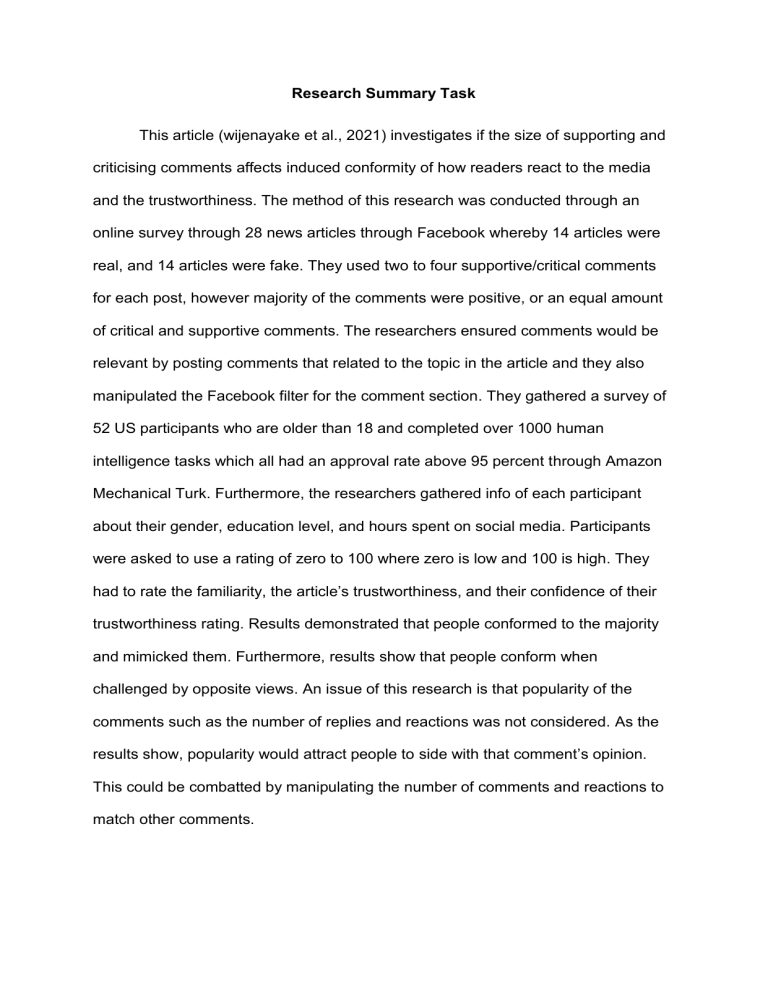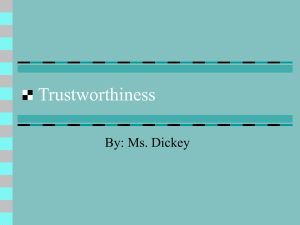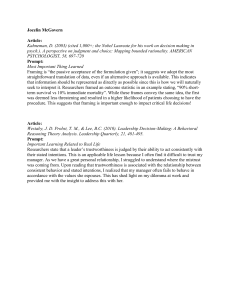
Research Summary Task This article (wijenayake et al., 2021) investigates if the size of supporting and criticising comments affects induced conformity of how readers react to the media and the trustworthiness. The method of this research was conducted through an online survey through 28 news articles through Facebook whereby 14 articles were real, and 14 articles were fake. They used two to four supportive/critical comments for each post, however majority of the comments were positive, or an equal amount of critical and supportive comments. The researchers ensured comments would be relevant by posting comments that related to the topic in the article and they also manipulated the Facebook filter for the comment section. They gathered a survey of 52 US participants who are older than 18 and completed over 1000 human intelligence tasks which all had an approval rate above 95 percent through Amazon Mechanical Turk. Furthermore, the researchers gathered info of each participant about their gender, education level, and hours spent on social media. Participants were asked to use a rating of zero to 100 where zero is low and 100 is high. They had to rate the familiarity, the article’s trustworthiness, and their confidence of their trustworthiness rating. Results demonstrated that people conformed to the majority and mimicked them. Furthermore, results show that people conform when challenged by opposite views. An issue of this research is that popularity of the comments such as the number of replies and reactions was not considered. As the results show, popularity would attract people to side with that comment’s opinion. This could be combatted by manipulating the number of comments and reactions to match other comments. References Wijenayake, S., Hettiachchi, D., Hosio, S., Kostakos, V., & Goncalves, J. (2021). Effect of Conformity on Perceived Trustworthiness of News in Social Media. IEEE Internet Computing, 25(1), 12–19. https://doi.org/10.1109/MIC.2020.3032410




